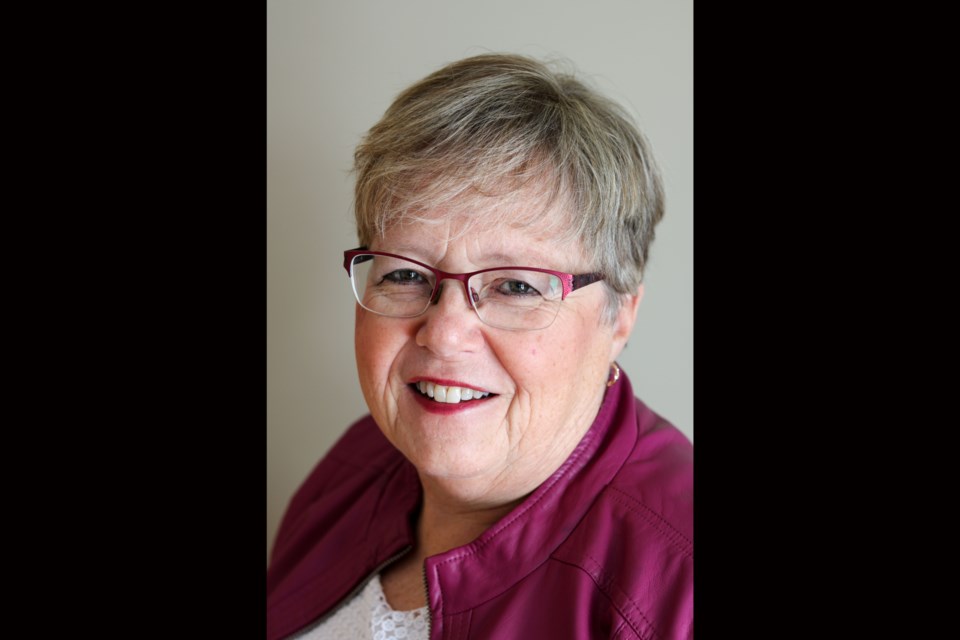A Collingwood councillor is part of a push by a national group of municipal leaders seeking $10 billion in aid from the federal government.
Councillor Kathy Jeffery was elected to the board of the Federation of Canadian Municipalities, which this week submitted a request to the Canadian government for “at least” $10 billion in emergency operating funding split across all the nation’s municipalities.
“We need the federal government to step in,” said Jeffery as she told her fellow councillors of FCM’s proposal during a council meeting on April 27. “This is the biggest ask in history … but as we keep saying, these are unprecedented times.”
According to the FCM proposal, data collected from Canadian municipalities shows a near-term gap of $10 to $15 billion due to COVID-19 shutdowns, and that’s based on six months of physical distancing directives.
For example, the report suggests the City of Toronto is losing $17 million per month from foregone parking fees alone.
It is estimated Canadian cities like Toronto and Calgary would have to increase taxes by 23 to 56 per cent to make up for the losses sustained due to COVID-19. Lost transit fees are also expected to result in multi-million dollar losses for cities and municipalities running transit systems for free during the pandemic.
In Collingwood, staff are preparing a budget analysis for council in June and will provide an update next week.
The treasurer estimated the town’s weekly burn rate (the net loss in revenues due to COVID-19 shutdowns) is about $36,500 per week in Collingwood.
By law, a municipality cannot carry an operating deficit, and most use reserves to cover disruptions and unplanned expenses.
“This is not limited to a cash flow challenge, this is a crisis of non-recoverable losses,” states the FCM report. “To continue delivering essential services, many [municipalities] are drawing down limited reserves that were not designed for a crisis of this scale or duration … insolvency is not an option.”
Collingwood, in particular, used much (if not all) of its contingency reserves in 2019 to cover the cost of the Judicial Inquiry, which was more than $5 million. The town’s finance department is still working on 2019 year-end figures so any deficits incurred in 2019 are not yet clear.
The FCM is proposing the $10 billion it is asking the federal government to provide should be split up based on the same funding formula as the federal and provincial gas tax funding.
The report suggests the government allocate $7.6 billion of the funding through a gas-tax-fund formula and the remaining $2.4 billion to municipalities with transit.
Councillor Jeffery said if the government followed the FCM plan, Collingwood would see about 3.5 times the regular amount of gas tax funding.
Last year, the town received $320,000 (shared with The Blue Mountains) in provincial gas tax funding for transit, and another $661,000 in federal gas tax funding.
Examples provided in the FCM report estimate the City of Toronto would receive $1.15 billion of the $10 billion ask ($575 million each for both the base funding and the transit funding). The City of Calgary would receive $370 million.
“The pandemic has cities and communities headed toward the brink of financial crisis,” said Jeffery. “The costs are unrecoverable.”
The $10 billion in immediate funding is only the start proposed by FCM. The municipal group is also asking the Canadian government to provide additional emergency funding to municipalities facing unique pressures from COVID-19 that would not be met by the hybrid funding formula proposed.
The FCM is also asking the government to revisit the need for additional funding within four months, and allow municipalities to transfer unused funding to the gas tax program to be used for capital expenditures as part of the COVID-19 recovery.
As of February 2020, Collingwood’s treasurer, Marjory Leonard, said there was about $1.7 million in the town’s gas tax reserve fund, and she expected the reserve would be around $2 million once the 2019 year-end figures were calculated.

